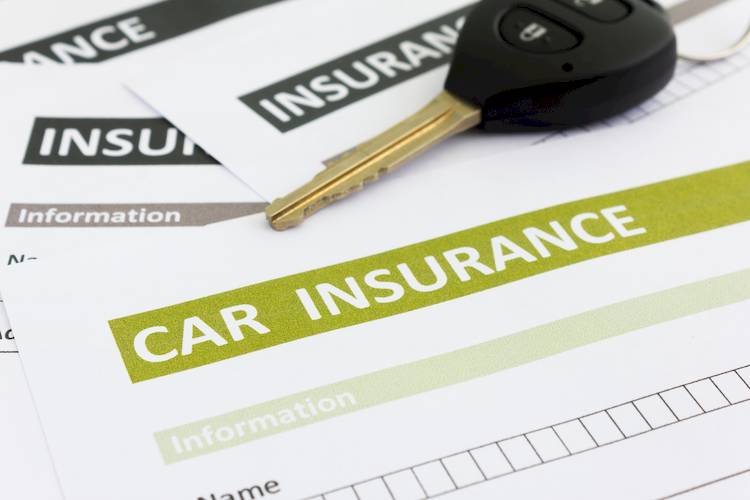

Any vehicle, operated or parked, in the state of California, must be covered by automotive insurance, or “financial responsibility,” in order to be legally registered in the state.
The minimum financial responsibility requirements for private individuals under California law is as follows:
A minimum of $15,000 per person, for bodily injury or death. This means you’ll need to carry a minimum of $30,000 to cover the lowest possible number of people involved in an accident (the two drivers).
A minimum $5,000 for property damage liability
This means that the total minimum amount of financial responsibility you will need is $35,000 for both bodily injury and property damage liability.
How to secure insurance
There are four ways to secure the required amount of financial responsibility as recognized by California state law. These include:
An insurance policy through an authorized motor vehicle insurer
A cash deposit of the required $35,000 with the DMV
A DMV-issued self-insurance certificate
A surety bond in the amount of $35,000 with a licensed California business
Proof of insurance
Any driver who is operating a vehicle registered in California must carry proof of insurance with them. Proof of insurance is also required in order to register a vehicle with the DMV.
Acceptable documents to prove insurance include:
An insurance card or other official document from an authorized insurance provider
An authorized letter from the DMV, in the event that you are a cash depositor or are self-insured
A REG 5085 form, which proves alternate forms of financial responsibility have been certified
An SR-22 Proof of Financial Responsibility document, which verifies that you have insurance, and is usually only required of drivers who have previously had their licenses suspended for reckless driving or DUI charges.
Other types of insurance
The state of California does recognize other types of insurance, though they are not required for legal registration. These include:
Comprehensive Coverage, which covers damages related to theft or inclement weather.
Collision Coverage, which covers damages due to an accident.
Medical and Funeral Services Coverage, which covers medical bills or funeral costs due to an accident.
Uninsured or Under-Insured Motorist Coverage, which covers damages caused in an accident with a driver who is not properly insured.
Rental Car Coverage, which covers the cost of a rental while your car is being fixed after an accident.
Towing and Labor Coverage, which covers the cost of your car being towed after an accident.
Violation penalties
If you fail to produce proof of insurance when requested by a law enforcement officer during a traffic stop or at the scene of an accident, or fail to prove you have insurance when asked by the state, there are a variety of penalties you could face, including:
Citation
Impounded Vehicle
Being personally liable for damages in an accident
Canceling your insurance
In order to legally cancel your insurance in California, you must contact the DMV and notify them by submitting an Affidavit of Non-Use.
For more information, contact the California Department of Motor Vehicles through their website.



